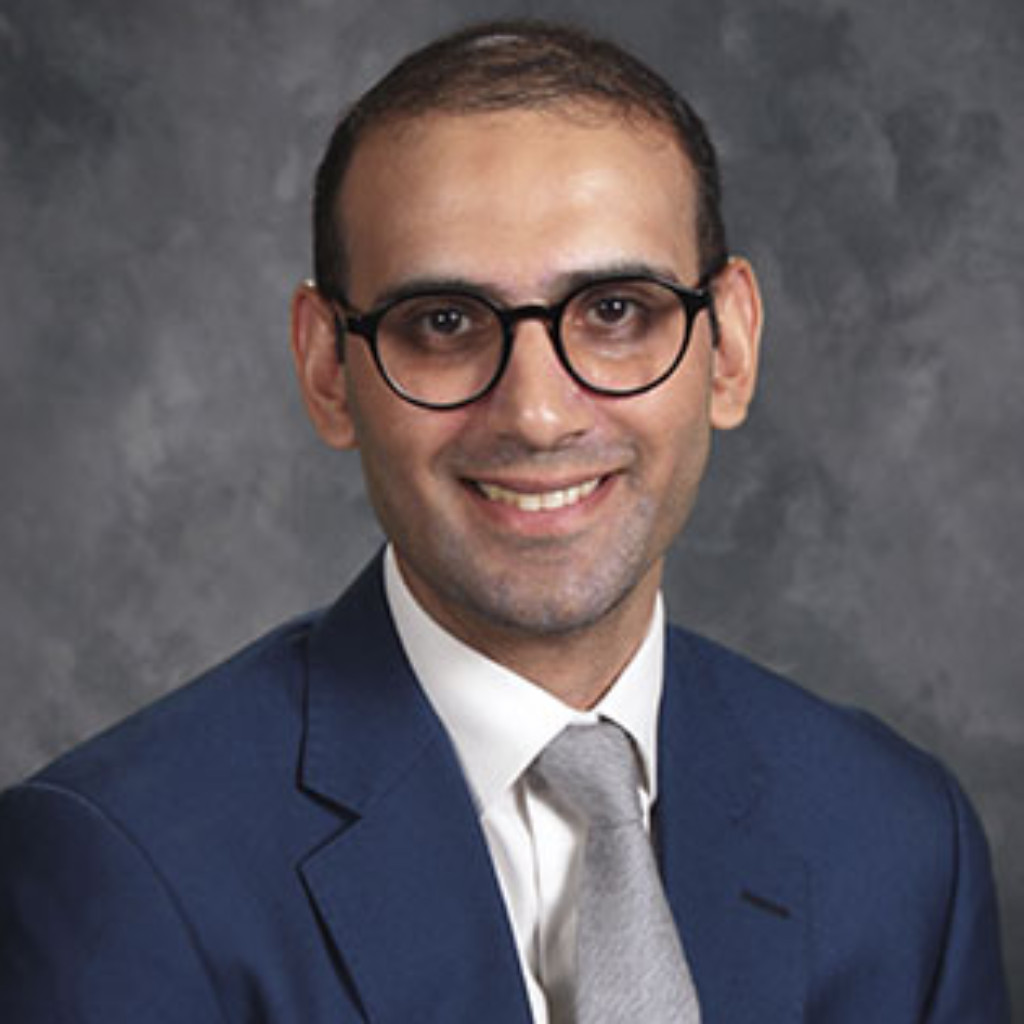As part of its monthly Research Fellow Spotlight, the Institute for Transnational Law sat down with Humzah Yazdani on March 31, 2020 to learn about his research interests in Global Energy and Environmental Law. In addition to serving as a 2019-2020 MD Anderson Research Fellow in Transnational Law in the Institute for Transnational Law at The University of Texas School of Law (Texas Law), Mr. Yazdani is also a Fulbright student from Pakistan pursuing a LL.M. (Master of Laws) in Global Energy & Environmental Law at Texas Law. Below is a transcription of the interview.
Please tell us about your research interests.
My research focuses on carbon pricing. About 70 national and sub-national governments have implemented or are expected to implement carbon pricing in some form in the near future. While such wide scale adoption may be new, instances of carbon pricing date back to 1990 when the Nordic countries and the Netherlands imposed a tax on carbon.
My focus is on what’s been lacking, that despite such widespread implementation, we continue to see a rise in carbon emissions, what form of carbon pricing – a carbon tax or a cap-and-trade mechanism – has worked better in the past, and whether imposing a price is sufficient or do governments need to do more by imposing ancillary regulatory requirements.
What has your journey been to this point?
After completion of my bachelor of laws, I became a barrister in London in 2012. Thereafter, I practiced for 7 years in Pakistan in energy projects and commercial transactions. I worked at Legal500 law firms, a USAID project (Energy Policy Program) as a consultant, and my last job was with Pakistan LNG Limited, a “government startup” tasked to set up the R/LNG value chain and infrastructure in Pakistan.
My interest in energy and its interplay with our environment led me here to Texas Law. I was lucky enough to have been awarded the Fulbright Scholarship and the MD Anderson Research Fellowship, which have allowed me to further my interests by understanding the challenges in managing the clean energy transition.
Can you speak of any challenges that you have had to overcome?
Well everything pales in comparison to the current global pandemic that we are all going through and how we all have had to adapt to a constantly evolving situation. Notwithstanding that, I think every day is a challenge. Mikhail Gorbachev said that “if what you have done yesterday still looks big to you. You haven’t done much today.” Whilst that may be a bit over zealous, it is true that you need to challenge yourself every day and strive for excellence. (Yes, I am aware that it sounds quite clichéd). Oh, and in my second year of law school, my father underwent cancer treatment during my final exams. His surgery was scheduled on the day I had my Land Law exam. If I had to pinpoint one precise challenge, that would be it.
I have been pretty lucky to have come to Austin and Texas Law for my LL.M. where everyone has been so friendly and welcoming. The LL.M. Office and the professors have been so helpful that I cannot say moving to a new country to pursue higher education has been a challenge.
What advice would you give to your younger self?
To focus on the present and take one step at a time, as opposed to worrying about the “entire staircase.” I think we get so anxious about the future and therefore, lose focus on the present. However, if we focus on the present and what is in our control and achieve our small targets, things in the longer run will work out themselves.
Søren Kierkegaard said that “Anxiety is the dizziness of freedom” and it certainly would have helped knowing that a few years ago.
What lessons did you learn from your own research, which have shaped your way of thinking?
The biggest lesson learnt is that learning never stops and should never stop. It is also really important to have interdisciplinary knowledge. I think most people work in silos and the nature of business is that everybody holds themselves out as experts but there are so many angles to everything. My own research on carbon pricing has been quite intense and with every step, I realized that its one giant rabbit hole. I just have immense respect for people in academia and some of my professors, who have spent an incredible amount of time focusing and specializing in a particular field and it shows when you interact with them.
This interview was conducted by Dr. Mauricio Pajón, the Institute’s program director.


